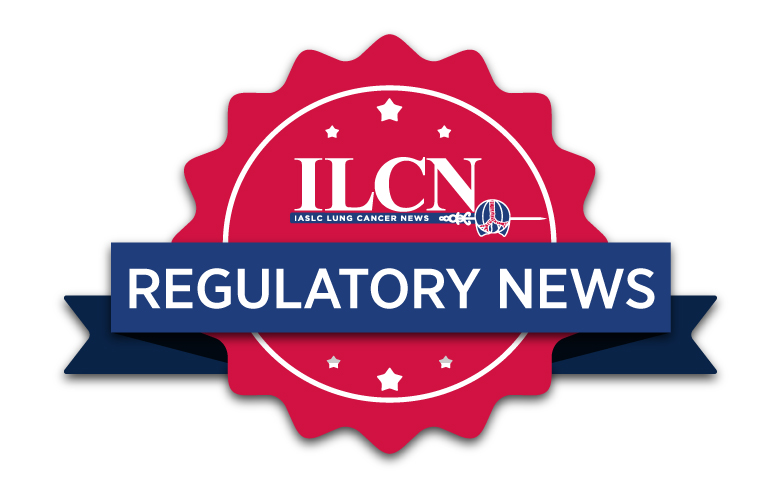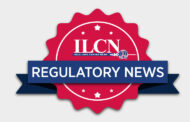
On April 18, the US Food and Drug Administration approved alectinib for adjuvant treatment following tumor resection in patients with ALK-positive non-small cell lung cancer (NSCLC).
Efficacy was demonstrated in the global, randomized, open-label ALINA trial in patients with ALK-positive NSCLC who had complete tumor resection. Eligible patients were required to have resectable stage IB to IIIA NSCLC with an ALK alteration confirmed by an approved local test. A total of 257 patients were randomized (1:1) to receive alectinib 600 mg orally twice daily or platinum-based chemotherapy following tumor resection.
The major efficacy outcome measures were disease-free survival (DFS) in the subgroup of patients with stage II-IIIA NSCLC and DFS in the overall study population (stage IB-IIIA), as assessed by investigator. In patients with stage II-IIIA NSCLC, median DFS was not reached in the alectinib arm and was 44.4 months in the chemotherapy arm (HR 0.24 [95% CI: 0.13, 0.45]; p<0.0001). Similar results were seen in the overall study population with median DFS not reached in the alectinib arm and 41.3 months in the chemotherapy arm (HR 0.24 [95% CI: 0.13, 0.43]; p<0.0001).
The most common adverse reactions in patients taking alectinib were hepatotoxicity, constipation, myalgia, COVID-19, fatigue, rash, and cough. The recommended alectinib dose is 600 mg orally twice daily with food for 2 years or until disease recurrence or unacceptable toxicity.
The review of alectinib was conducted under an FDA initiative that allows for concurrent submission and review of oncology drugs among international partners. For this review, the FDA collaborated with the Australian Therapeutic Goods Administration, Health Canada, Israel’s Ministry of Health, Switzerland’s Swissmedic, and the UK’s Medicines and Healthcare Products Regulatory Agency. Application reviews are ongoing at other these other regulatory agencies.




